Optimal Timing for Pest Control Services
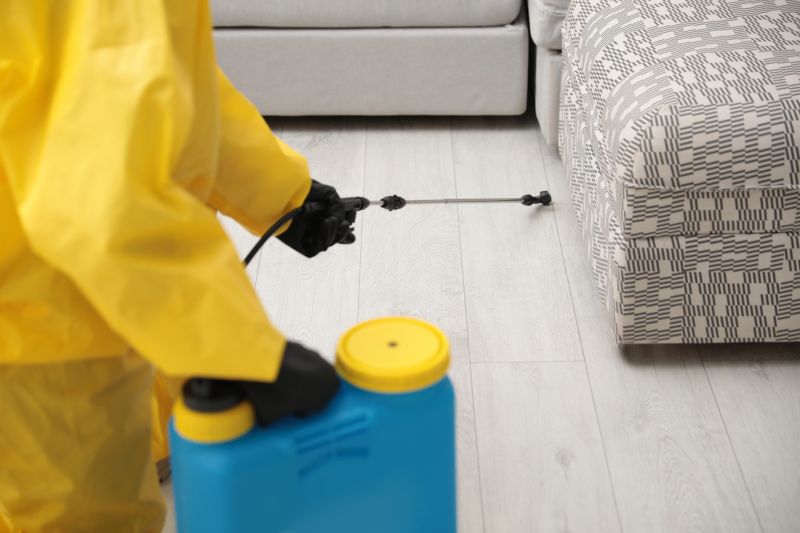
Spring sees increased pest activity as temperatures rise, making it an ideal time for preventative pest control.
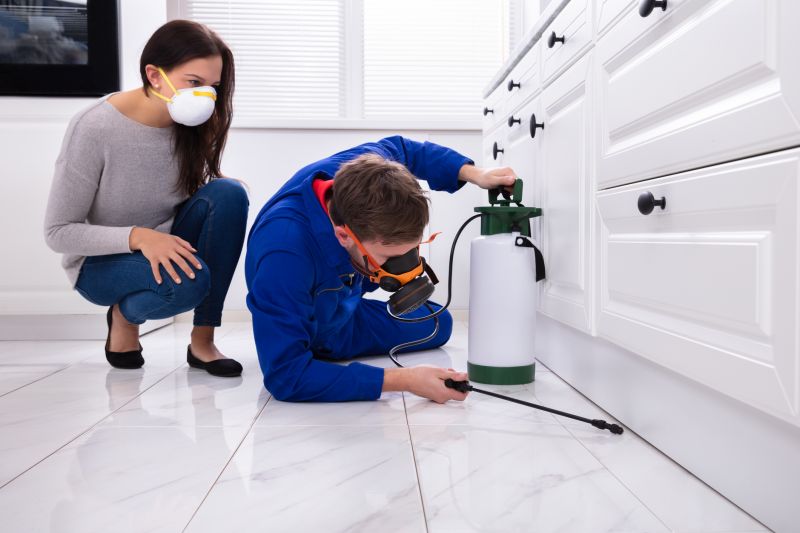
Summer months often require ongoing pest management due to higher insect populations and breeding cycles.
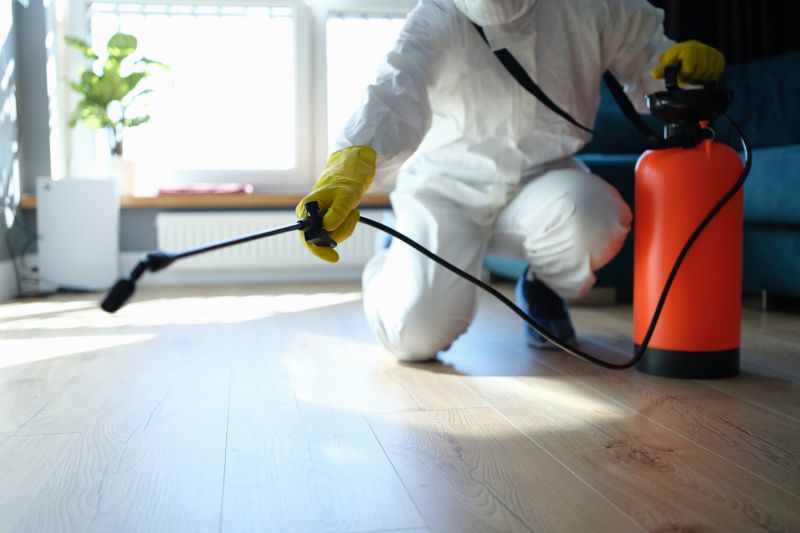
Pest control during fall and winter helps prevent pests from seeking indoor shelter and reproducing.
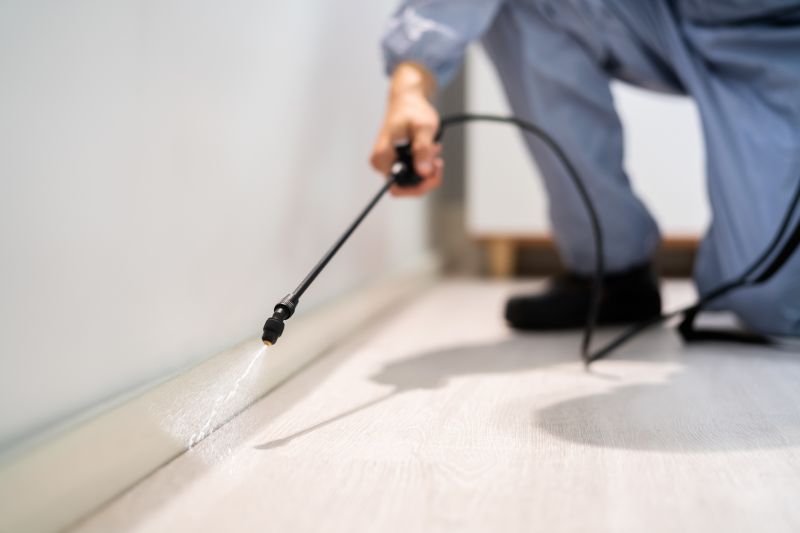
Ways to make Pest Control Service work in tight or awkward layouts.
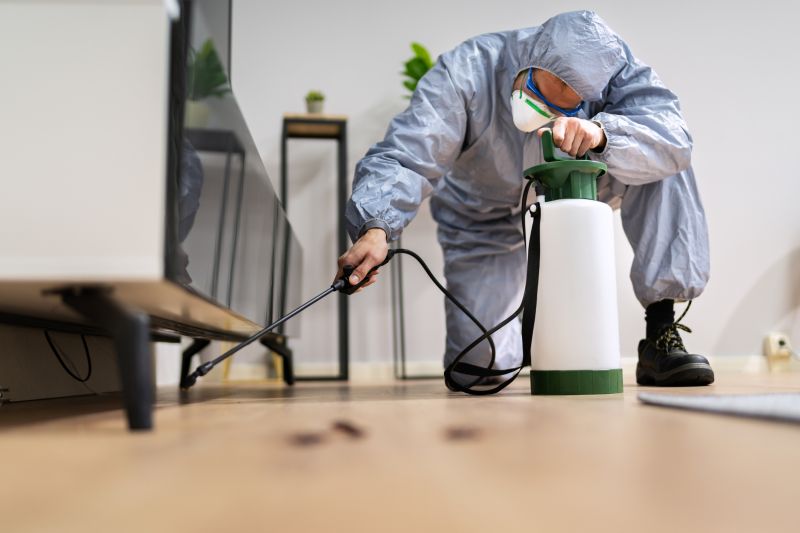
Popular materials for Pest Control Service and why they hold up over time.
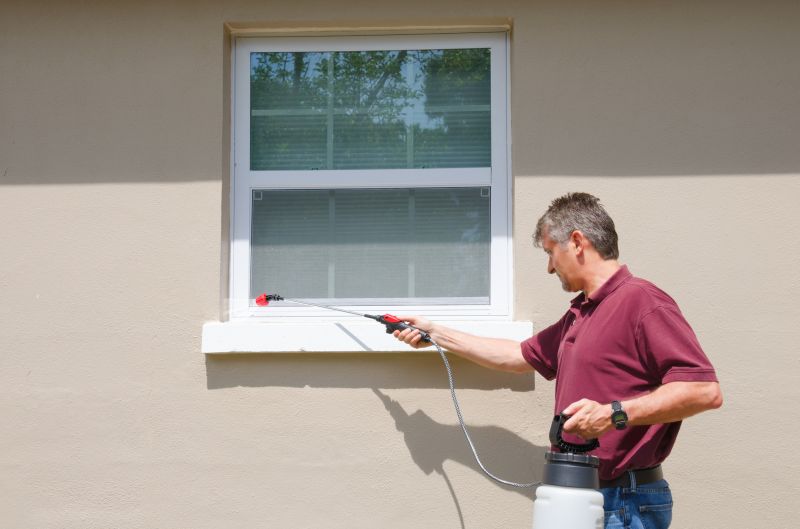
Simple add-ons that improve Pest Control Service without blowing the budget.

High-end options that actually feel worth it for Pest Control Service.
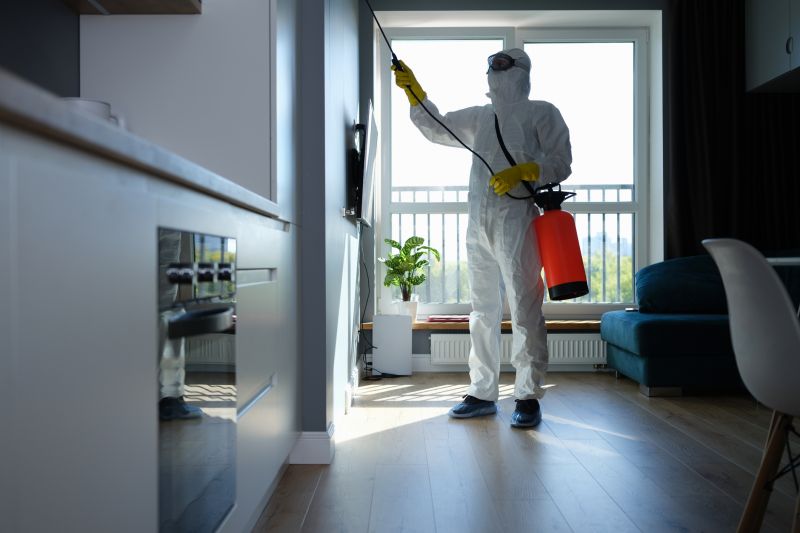
Finishes and colors that play nicely with Pest Control Service.
Pest control services are most effective when timed according to pest life cycles and seasonal activity patterns. Early intervention in spring can prevent infestations from establishing, while regular treatments during summer help control active pests. In fall and winter, pest control can reduce indoor infestations and prevent pests from seeking warmth inside homes.
Statistics indicate that pest populations tend to peak during warmer months, with certain pests like ants, mosquitoes, and termites becoming more active. Implementing pest control measures before these peaks can significantly reduce the risk of infestations and property damage. Regular treatments aligned with seasonal activity maximize effectiveness and help maintain a pest-free environment.
Understanding seasonal patterns helps determine the optimal timing for pest control services.
Scheduling preventative treatments before peak pest activity can reduce infestations.
Knowledge of pest life cycles aids in planning effective control measures.
Weather and climate influence pest activity and optimal treatment timing.
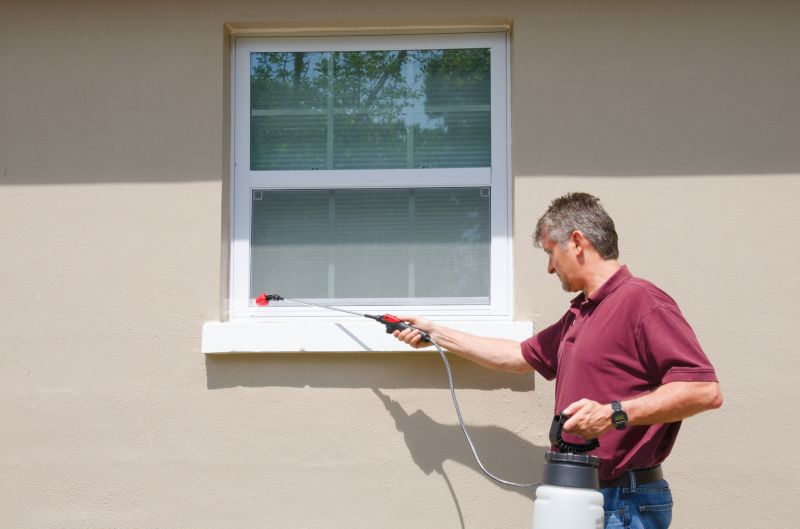
Professional inspections identify pest activity and determine the best treatment timing.
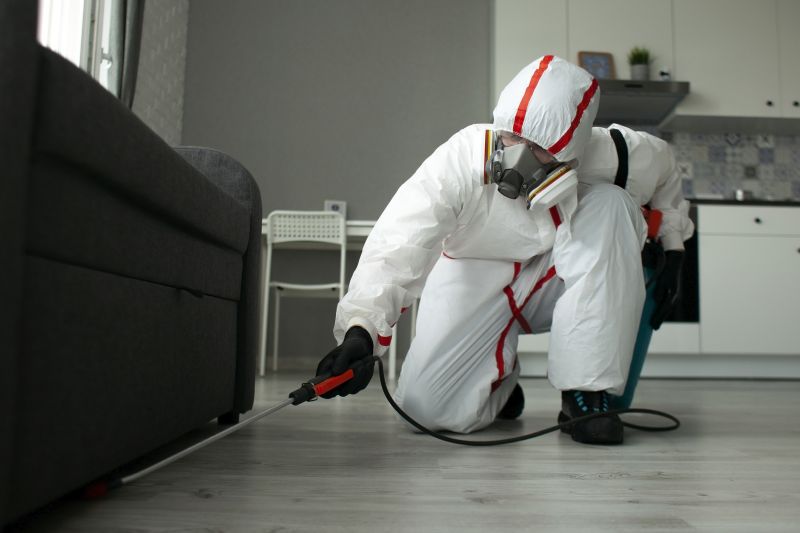
Scheduled treatments help prevent pest populations from establishing.
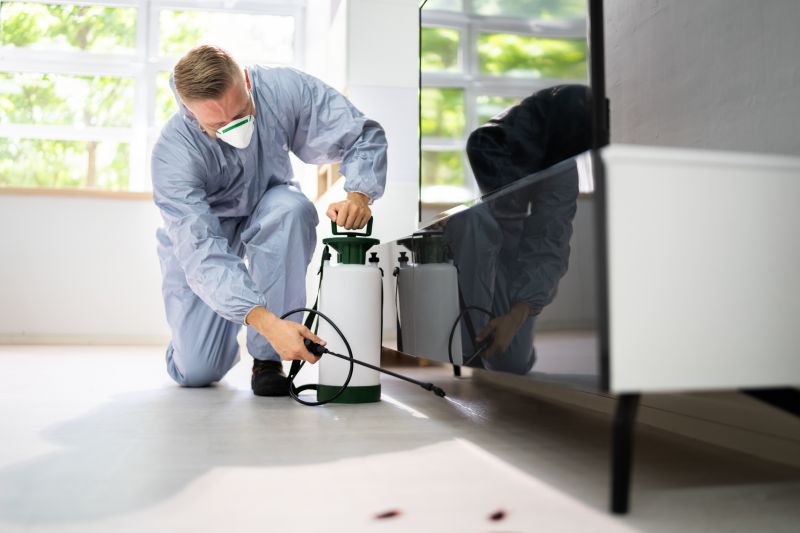
Proper timing ensures treatment effectiveness during peak pest activity periods.
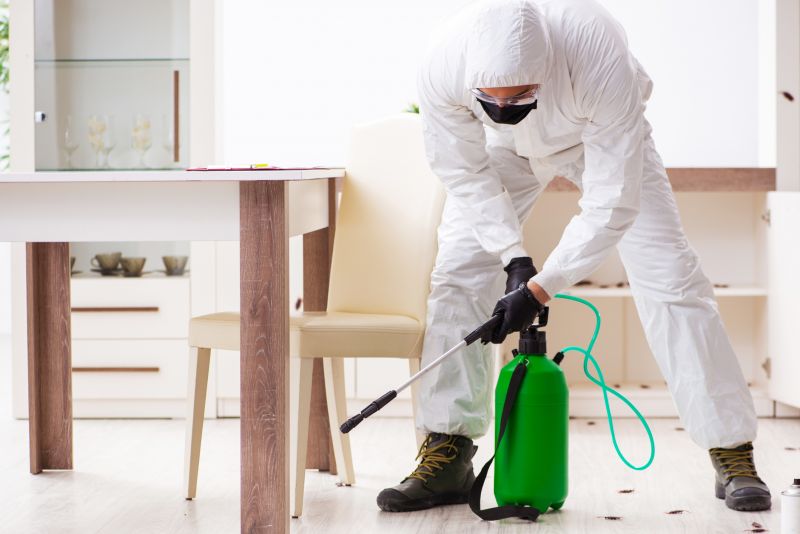
Awareness of seasonal trends guides optimal pest control scheduling.

Little measurements that prevent headaches on Pest Control Service day.
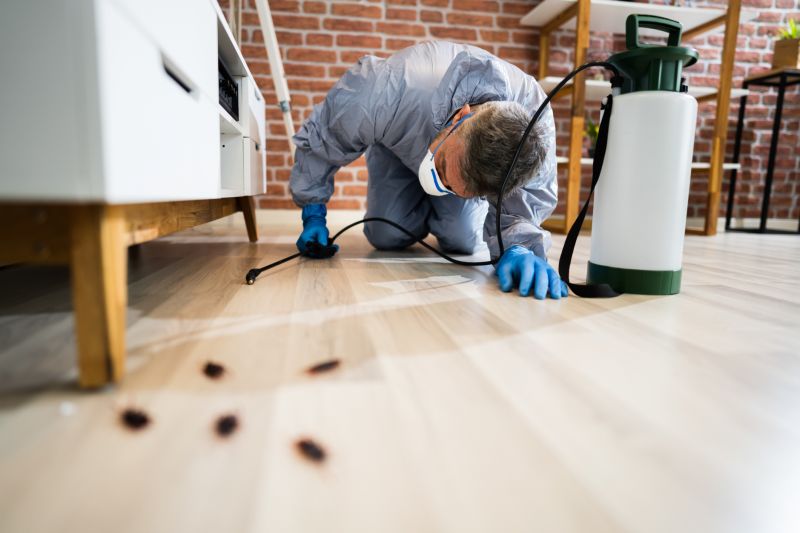
A 60-second routine that keeps Pest Control Service looking new.
| Season | Recommended Pest Control Action |
|---|---|
| Spring | Begin preventative treatments to curb emerging pests. |
| Summer | Increase frequency of outdoor pest control. |
| Fall | Prepare for indoor pest prevention as pests seek shelter. |
| Winter | Focus on indoor treatments and inspections. |
| Year-round | Maintain regular inspections and treatments. |

Modern equipment allows for precise and effective treatments across seasons.
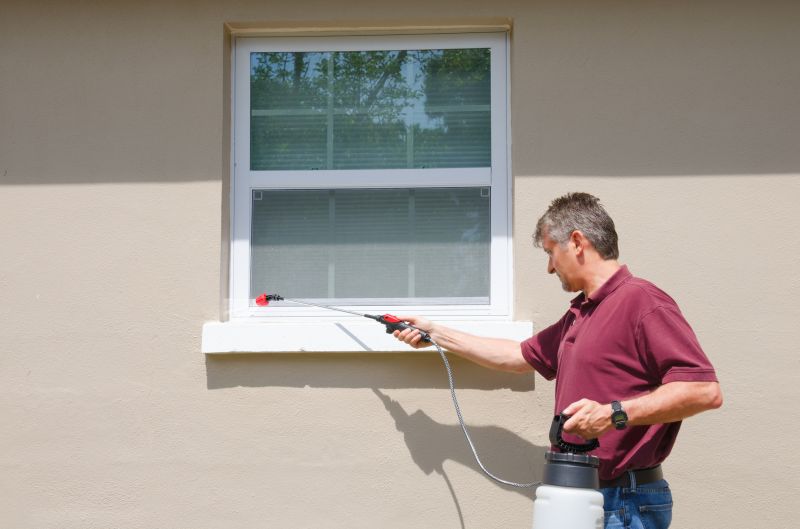
Timing treatments according to seasonal activity enhances prevention efforts.
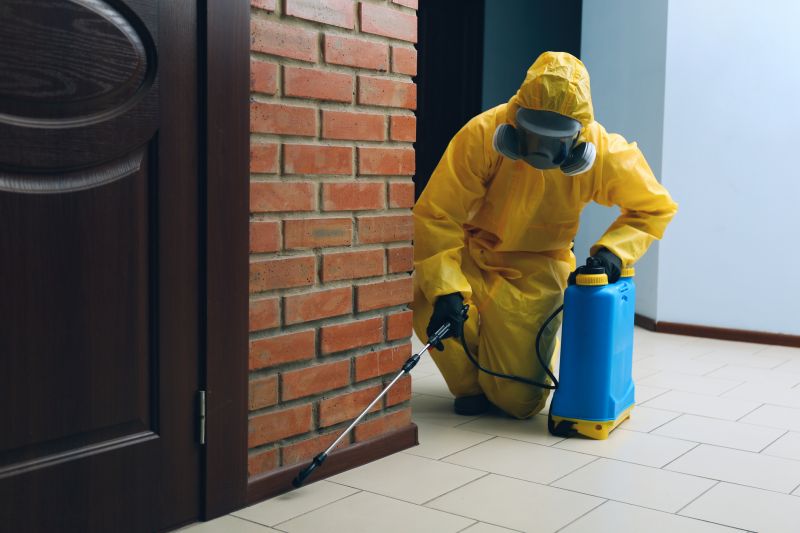
Early detection and treatment are critical during peak seasons.
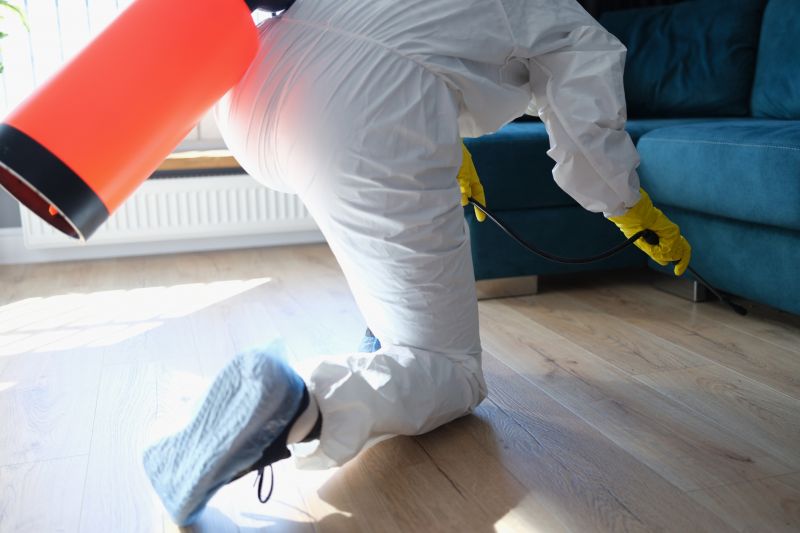
Adapting strategies to seasonal trends ensures comprehensive pest management.
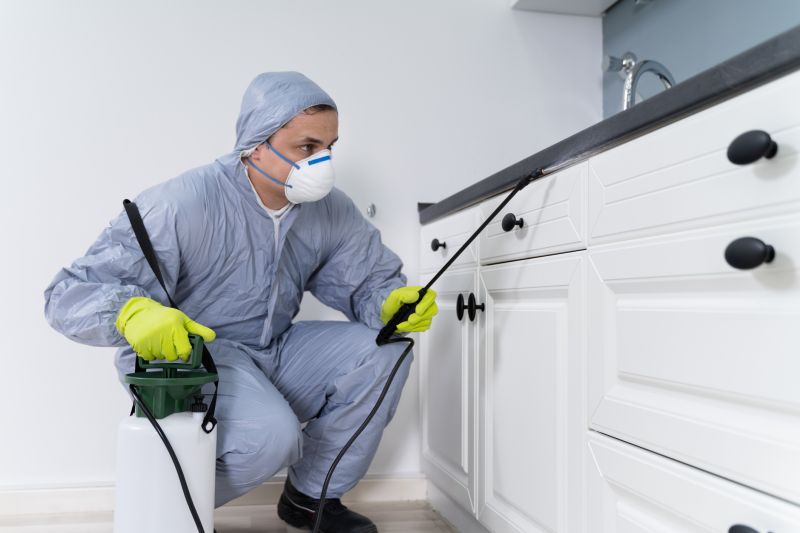
A frequent mistake in Pest Control Service and how to dodge it.

Small tweaks to make Pest Control Service safer and easier to use.
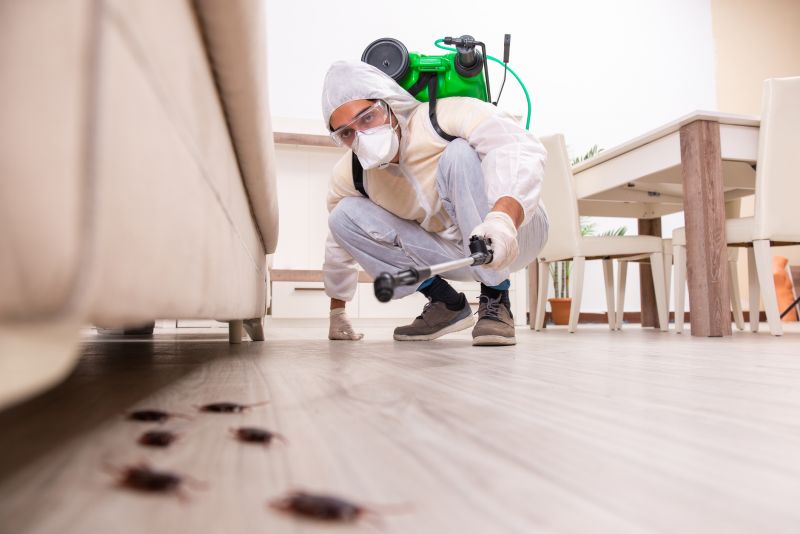
Lower-waste or water-saving choices for Pest Control Service.
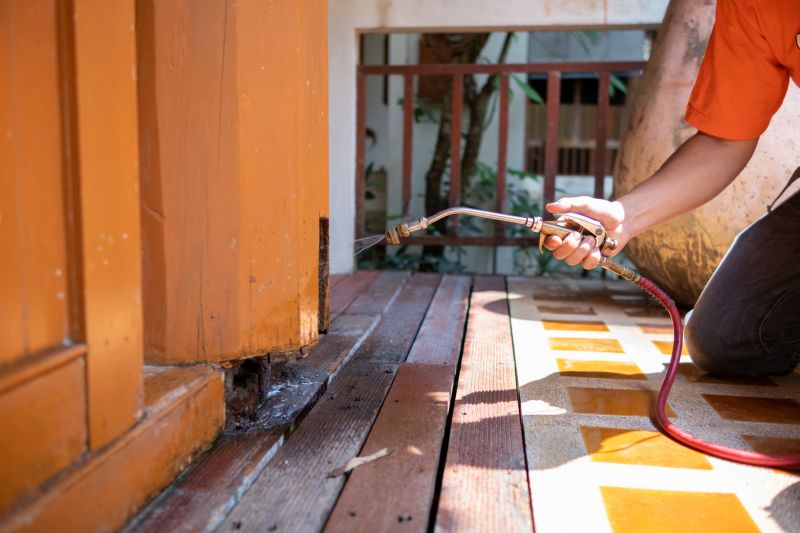
The short, realistic tool list for quality Pest Control Service.
Timing pest control services to coincide with pest activity cycles maximizes their effectiveness. Proper scheduling prevents infestations from taking hold and reduces the need for more invasive treatments later. Regular inspections and treatments during key seasons are essential components of an effective pest management plan.
Interested individuals are encouraged to contact for more information or to schedule a pest control service. Proper timing and proactive measures can help maintain a pest-free environment year-round.



